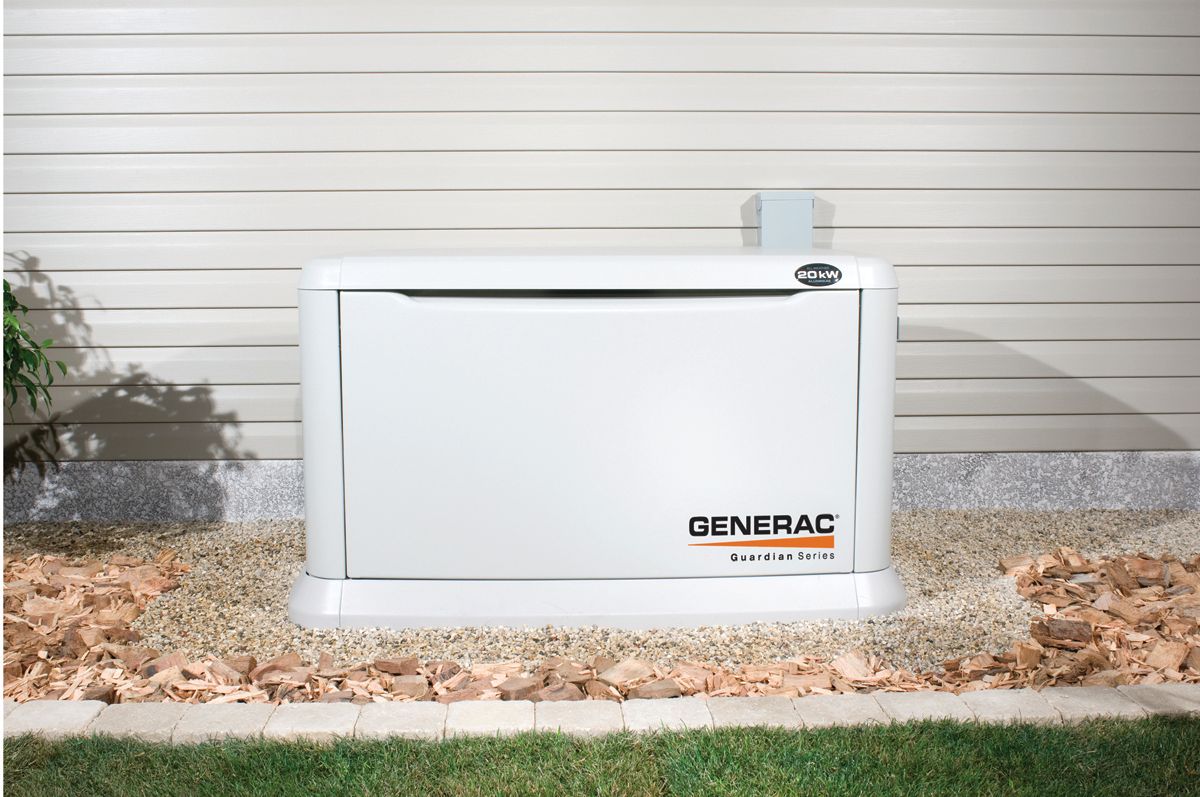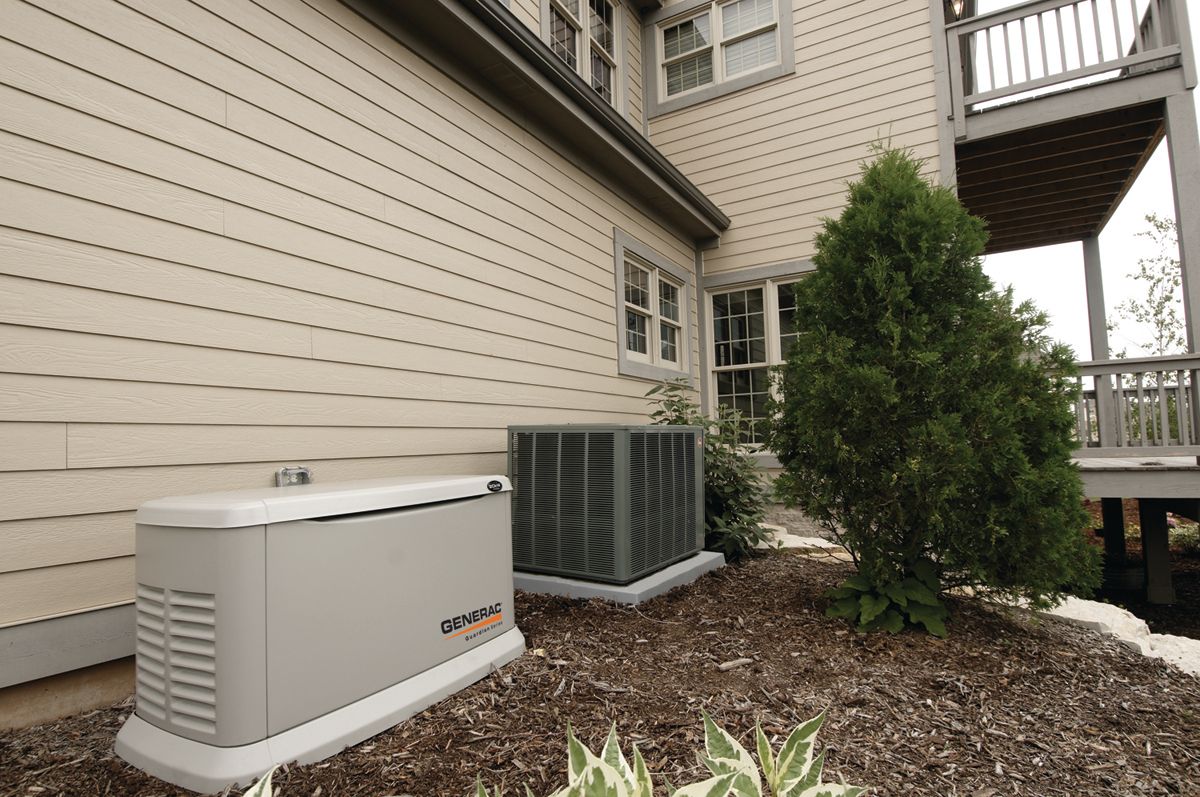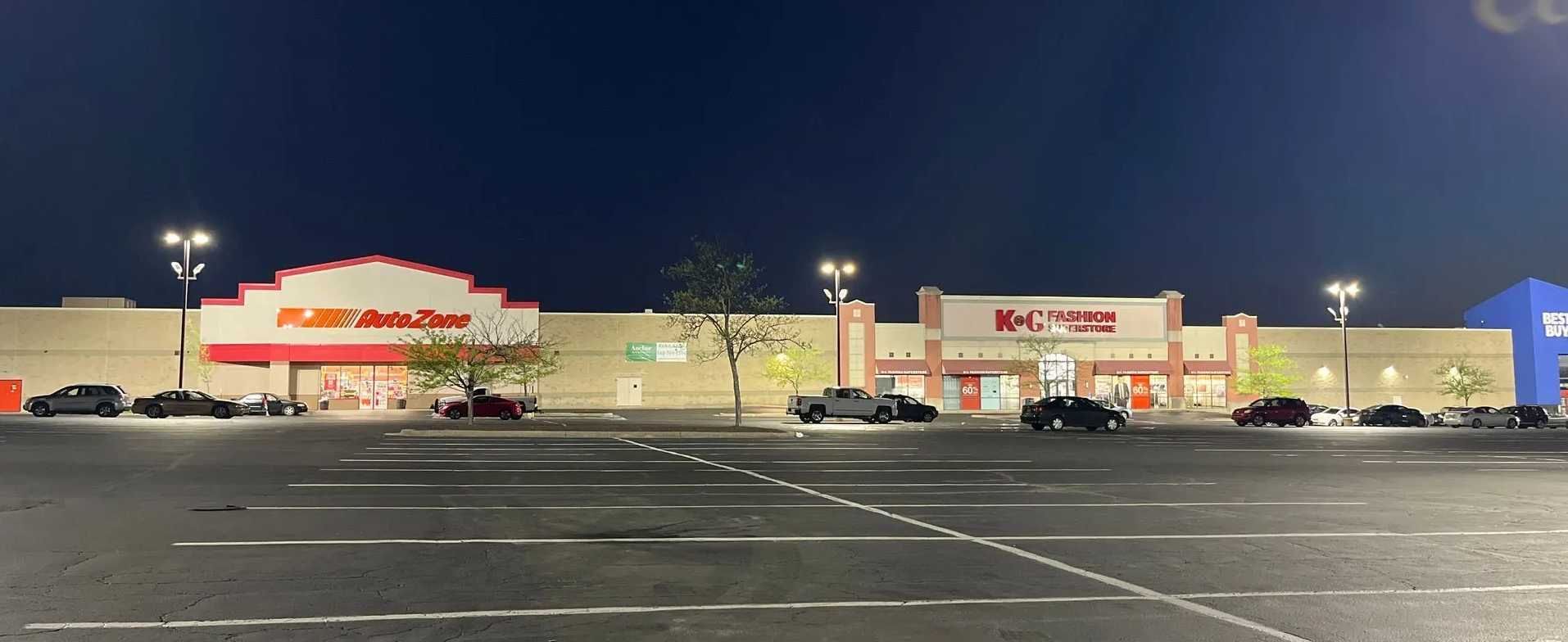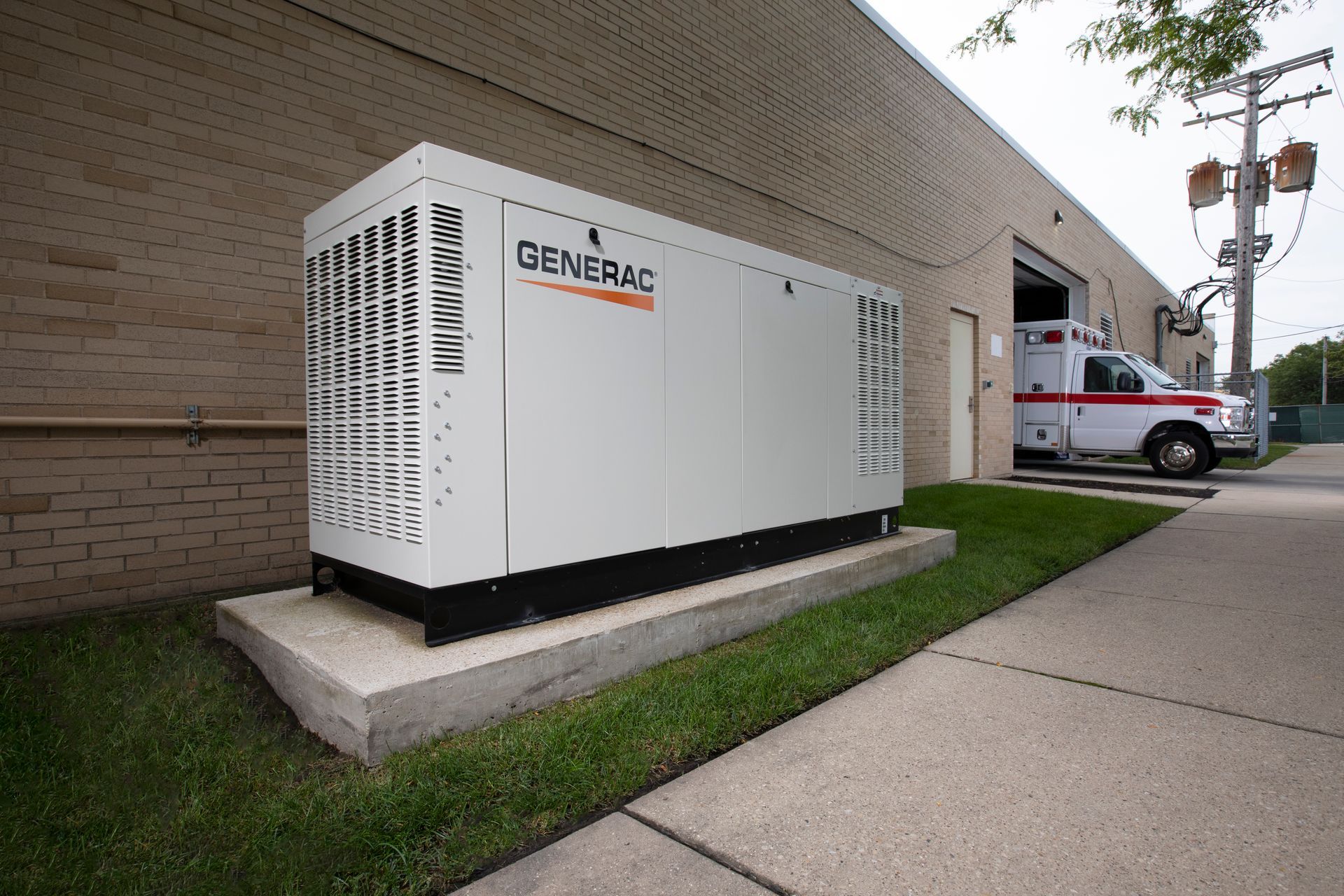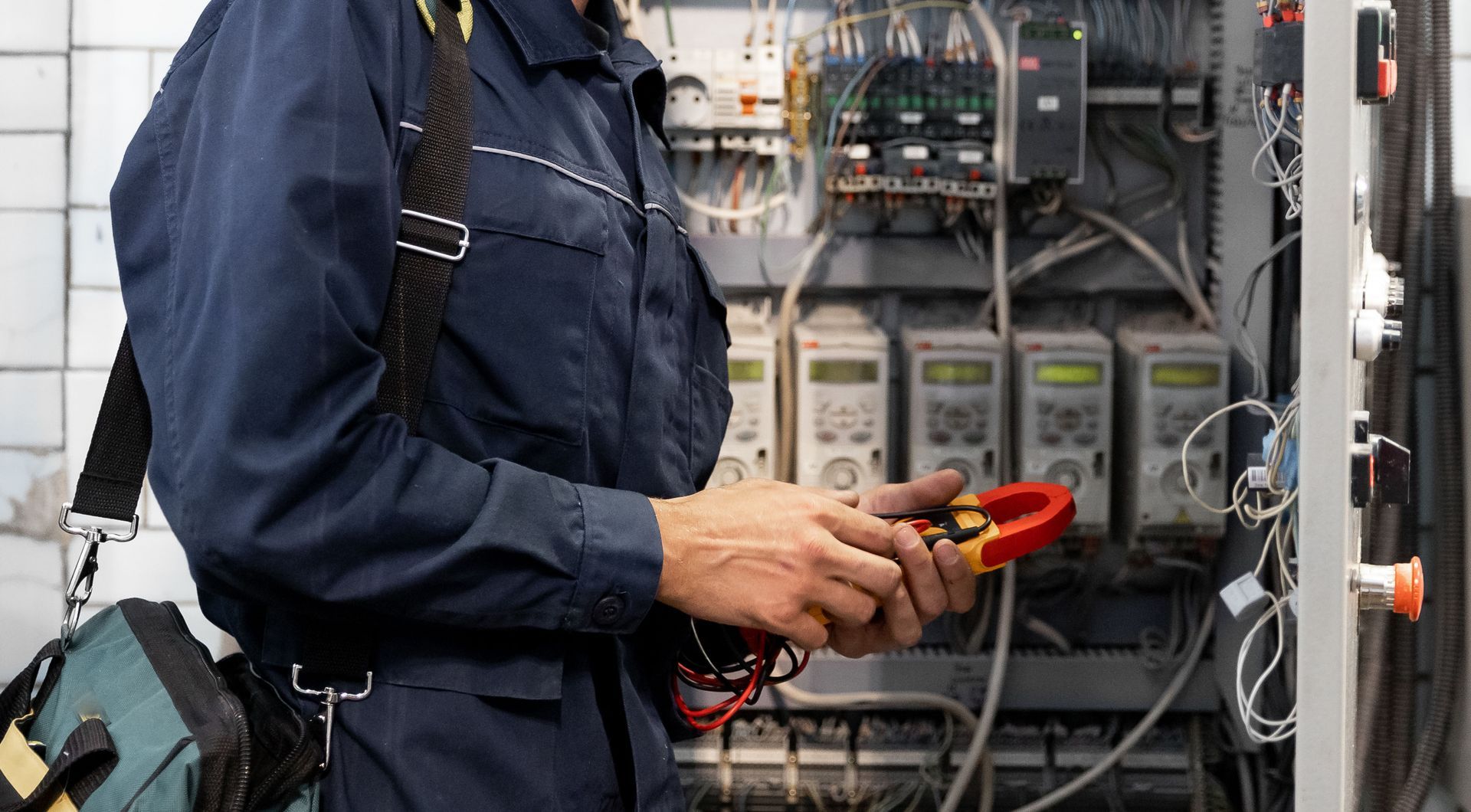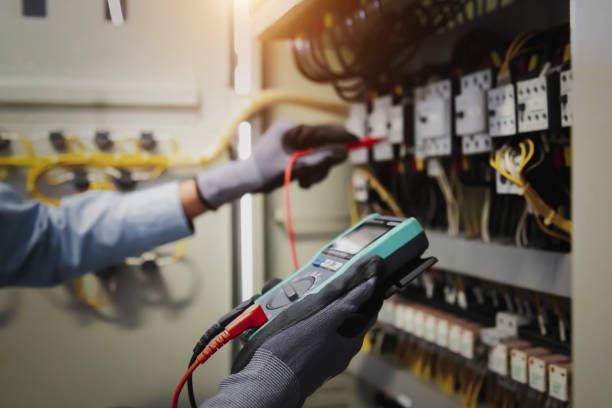Generator Service or Replacement: Which Is Right for You?
By Krista Mahon | October 14, 2025
This article explores the dilemma faced by generator owners: whether to replace their generator or get generator service. Several factors influence this decision, including cost, efficiency, and reliability. In the following sections, we will provide insight into making an informed choice.
Generator Lifespan
Generators are essential in providing power backup during outages. The average lifespan of a generator varies according to its type. When investing in a newer model, it’s important to consider extended warranties offered by manufacturers. These warranties provide homeowners and business owners alike with confidence, certainty, and peace of mind, knowing that their investment is protected against unexpected issues. For commercial clients, it ensures business operations can continue uninterrupted. Even with high-quality residential and commercial-grade generators, knowing that extended warranty coverage is available helps eliminate worries about maintenance costs and unexpected failures, making it easier to choose the right generator with long-term reliability in mind.
Understanding the expected lifespan can help in planning maintenance and budgeting for a replacement. Typically, the lifespan is influenced by the brand, design, and technology used. With regular maintenance, a generator can function efficiently for almost its entire lifespan. However, as it nears its end, the frequency of breakdowns may increase, prompting considerations of replacement. Comparatively, newer models often offer extended warranties, thus extending service coverage.
An old generator typically shows signs of wear and tear even before reaching its projected lifespan. Issues such as frequent shutdowns can indicate that the generator is near retirement. Routine checks are necessary to identify these signs early on. Without timely assessment, these performance issues can lead to increased repair costs. A detailed understanding of these signs can aid you in deciding whether to continue investing in service or explore replacement options.
Materials Used
The longevity of a generator is influenced by several factors, including usage patterns and environmental conditions. Proper installation and periodic maintenance play crucial roles in prolonging the life of a generator. Therefore, understanding these factors helps in managing the expectations of a generator's lifespan effectively.
High-quality construction materials and technology used in manufacturing also significantly affect longevity. Generators built with durable components tend to last longer and require fewer repairs. This durability often translates into higher initial costs; however, it is an investment toward reduced maintenance costs over the generator's lifetime. Assessing the build quality and technological advancement at purchase can save money and hassle in the long run. Consequently, investing in a reliable brand may seem costly upfront but proves cost-effective over time.
Another critical factor determining longevity is adherence to recommended service schedules. Regular maintenance can substantially extend the operational life of a generator. Ignoring minor issues can lead to major repairs or even complete system failures. Often, neglecting generator service is a false economy since repairs are usually more expensive than regular servicing. Consistent servicing ensures that potential issues are promptly addressed, thereby maximizing efficiency and lifespan.
End of Its Lifecycle
Identifying signs that your generator is approaching the end of its lifecycle is crucial. Generators nearing the end of their life may display symptoms such as operational inefficiency. Generators may also produce strange noises or emit excessive smoke. Ignoring these signs might lead you to face unexpected blackouts during crucial moments. Conducting periodic assessments and heeding professional advice can mitigate these risks and aid in deciding between continued service or replacement.
Additional signs of a generator's declining health include frequent repairs and old components failing regularly. As these occurrences become more frequent, the cost and time involved in continuous repairs can outweigh the benefits. It's important to evaluate whether investing in regular repairs continues to be a practical choice. Understanding the risks of prolonged use of an aging generator, rather than opting for a replacement, can save money and ensure power reliability. Moreover, assessing repair costs against a potential replacement helps in making an informed and practical decision.
Generator Maintenance
Regular maintenance plays a pivotal role in prolonging a generator's lifespan. Routine inspections and tune-ups ensure that potential issues are identified and corrected before they develop into major problems. Such preventive measures are essential for maintaining operational efficiency. Generators that undergo regular maintenance consistently outperform those that do not. As a result, investing in timely maintenance is not merely a cost but a strategy to enhance longevity and performance.
Neglecting regular generator service can drastically decrease a generator's lifespan. Without proper care, components begin to degrade faster, leading to expensive repairs and decreased efficiency. Regular maintenance, therefore, should be viewed as essential rather than optional. Failure to perform timely service checks can lead to unexpected breakdowns and operational interruptions. The importance of routine maintenance is highlighted when repairs and replacements become a financial burden due to earlier neglect.
A commitment to proper maintenance involves adhering to the manufacturer's service recommendations. Following the recommended schedule facilitates smooth operation and ensures that warranty conditions are not voided.
Cost-effective Replacement
There comes a point when replacing a generator becomes more financially prudent than continuing to invest in repairs. For older models with declining performance, the efficiency of newer models presents a compelling case for replacement. Modern generators typically offer better energy efficiency, which can lead to significant cost savings in the long term. When maintenance costs mount and operational efficiency dwindles, replacing the generator becomes a strategic decision. Assessing the balance between maintenance expenses and the benefits of a new model is key to making an informed choice.
Replacement also offers an opportunity to upgrade to advanced technologies and features unavailable in older models. Newer generators often include benefits such as quieter operation, better fuel economy, and integration capabilities with smart home systems. With technological advancements, the performance improvements offered by modern generators often offset their initial cost. These upgrades not only enhance convenience but also contribute to long-term savings. The advantages of upgrading must be weighed against the costs of maintaining an aging, less efficient system.
The hidden costs, such as downtime and emergency generator service, also play a role in the replacement decision. While servicing an old generator might keep it running, the risk of an untimely breakdown can disrupt operations. Such disruptions can incur significant user inconveniences and emergency repair costs, impacting businesses and homes alike. Therefore, assessing downtime and potential operational interruptions is vital to risk management. Deciding to replace the generator when maintenance no longer offers a cost-benefit balance ensures more reliable service.
Deciding whether to continue servicing an existing generator or to invest in a replacement requires careful consideration of multiple factors, including lifespan, materials, maintenance history, and overall reliability. Regular maintenance and adherence to manufacturer guidelines can extend the life of a generator, but even well-cared-for units will eventually reach the end of their useful life.
For homeowners and businesses alike, evaluating repair costs against the benefits of newer models, which often include advanced technology, improved efficiency, and extended warranties, is crucial. Ultimately, making an informed choice ensures consistent power availability, minimizes unexpected downtime, and provides peace of mind. By understanding your generator’s condition and weighing long-term value, you can choose the most practical and cost-effective approach—whether that means continued service or upgrading to a modern, reliable generator. For more information about the services that we offer, reach out to our incredible team at Riverside Electric Inc today!

